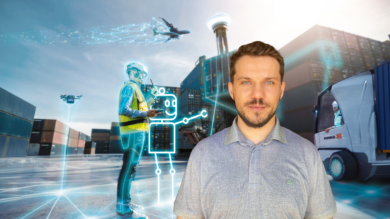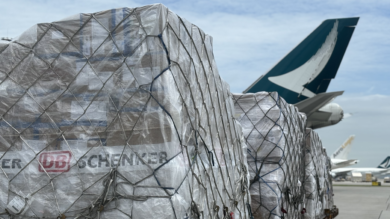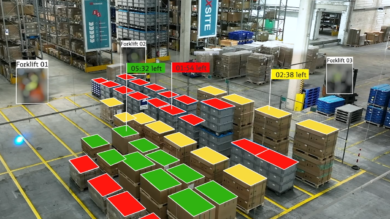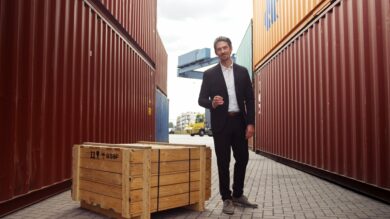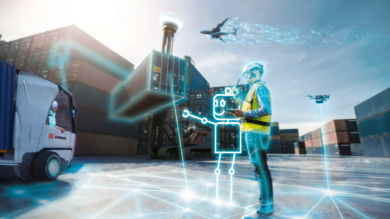It is a big step for the logistic company DB Schenker: the membership in the Reverse Logistics Association (RLA). With this step the company is shaping its customer portfolio and is focusing more on sustainability in its contract logistic business.
“The Circular Economy product is our commitment to realizing DB Schenker’s sustainability ambitions, while driving business value for our customers around the world.”
What is Reverse Logistics?
Reverse Logistics describes the logistics process in a circular economy. It is the process in the supply chain that deals with the return of any supplied goods. This includes any product returned by the end-user, inward disposal of packaging material, or recycling of the sold product. The importance of Reverse Logistics has changed due to the rise of e-commerce and the high volume of returned goods. Therefore, Reverse Logistics is interesting for companies like DB Schenker.
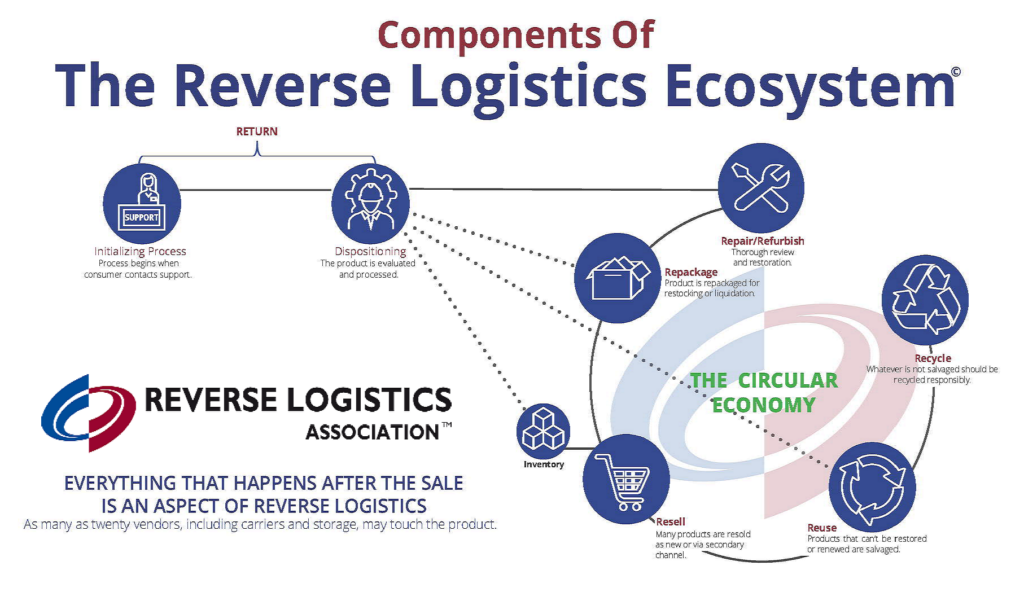
There are different types of Reverse Logistics:
Returns, Remanufacturing, Refurbishing, Packaging, Unsold goods, End-of-life, Rentals & Leasing or Repairs & Maintenance.
What is the Reverse Logistics Association?
Established in 2002, the RLA is the only authoritative body for best practices related to reverse logistics. The RLA is a member-driven, global trade association for the returns and reverse industry. The RLA offers information, research, solutions, and facilitates networking introductions for manufacturers, retail companies, and third-party providers. Their goal is to educate and inform reverse logistics professionals globally and be the voice of the reverse industry.
For the members it is an opportunity to gain knowledge, shape their product portfolio and increase their network.

How is DB Schenker operating in Reverse Logistics?
For DB Schenker the opportunity to be part of the RLA contributes to its sustainability ambitions while enabling its customers to reach their ESG (environmental, social, governance) objectives.
“Driving resilience and growth in an ever-changing environment through our Circular Economy product that includes reverse logistics. This is our contribution to our and our customers sustainability ambitions.”
Being a diamond member allows DB Schenker to effectively shape the future of logistics in a circular economy through the conference and exhibition events, committee meetings, member-based news, webinars, research and more. The company has solidified its experience in returns and reverse logistics through running operations for key customers in the electronics industry Annually, DB Schenker repairs more than 2 million electronic devices.
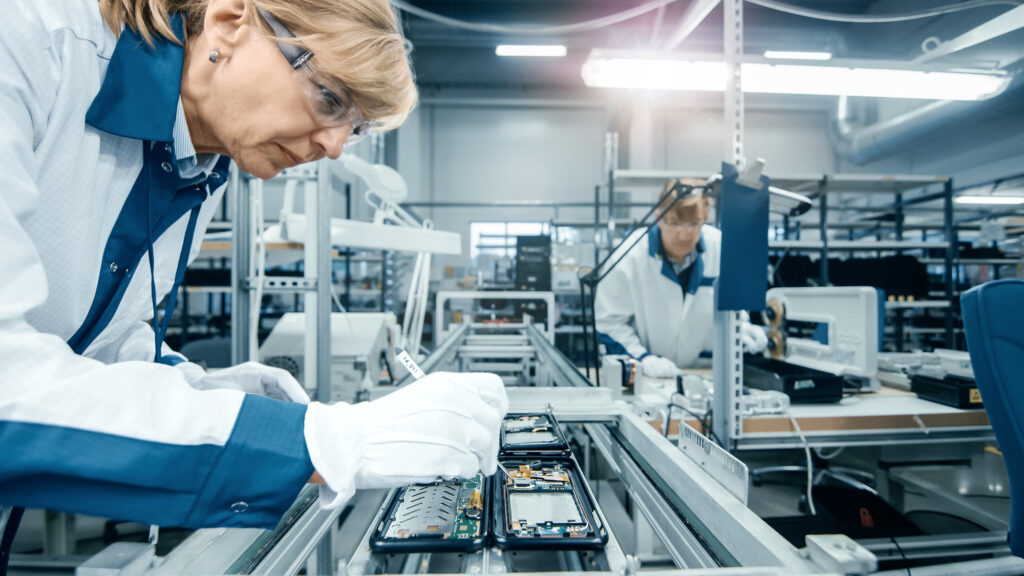
In a circular economy, return and repair are becoming more mainstream. DB Schenker is standardizing such operations for its customers in an efficient and transparent way.
The aim: to increase technological and operative capabilities in, screening, inspection, smart dispositioning, RMA management and even returns initiation. These capabilities will boost the already strong repair processing footprint in the industry.
Focusing on this field of logistics operation and being a part of the Reverse Logistics Association is a step closer to achieving the sustainability goals of DB Schenker.
Published: February 2023




